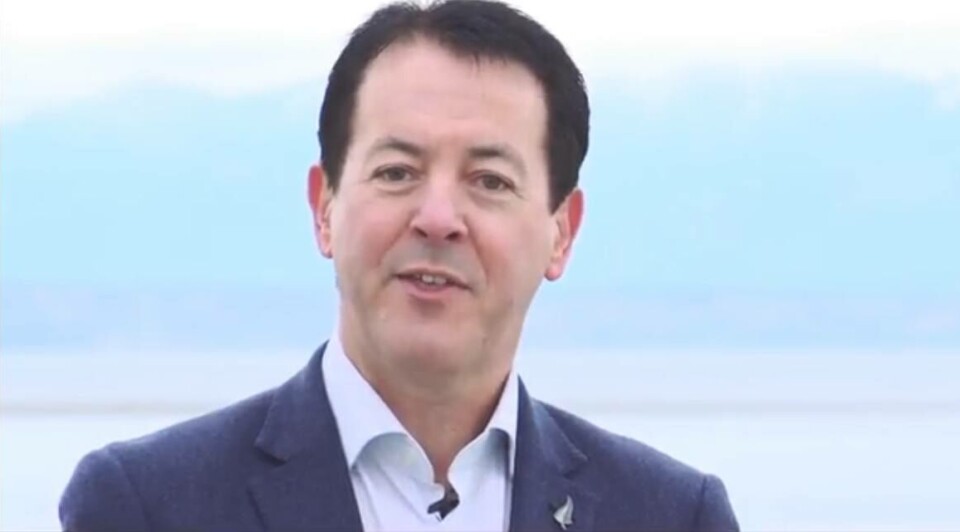
NZ salmon farming ‘could be bigger than dairy industry’
Salmon farming has the potential to match and even surpass New Zealand’s NZ$16 billion dairy industry – if it is given the space to expand – according to fish farming boss Grant Rosewarne.
The chief executive of New Zealand King Salmon pointed to Norway as an example of how the industry can grow if it is given the opportunity.
“We are a NZ$300 million industry at the moment, but Norway is already, in Kiwi dollars, about 20 billion, something like that, so they’re a bit of a role model of what can be achieved,” he told broadcaster Newstalk ZB.
“It’s a matter of water space. We can produce about NZ$25m worth of revenue per surface hectare and about 60 jobs per surface hectare, so in terms of using space well, to get a good return for New Zealand, there’s not a better opportunity than salmon. Norway has embraced that. Salmon is their number two industry. They are going to replace their oil and gas with salmon and wild fish, so it just goes to show the potential if you do it right.
Asked by show host Mike Hoskings if there would be a market for a large increase in salmon production, he replied: “There is already a three million tonne market. They’re going towards 10 million tonnes by 2050.
“We only produce about 13,000 tonnes here. Our salmon’s about three times more valuable than theirs. We add all of our value in New Zealand. We’ve got the intellectual property to grow the supreme species, the king salmon rather than the Atlantic salmon, so we have all the potential to be the most valuable industry in New Zealand.”
Rosewarne said New Zealand salmon branding was “vastly superior” to Norway’s. “We take our branding all the way on to the menu. For example, our company, New Zealand King Salmon, you’ll see our premium Ōra King brand on the world’s top 2000 menus, for example. Norway doesn’t do that, Norway produces a commodity. They produce a great product, and add many, many times our value, but that’s only because we haven’t had the water space here.”
Mindset change required
Asked by Hoskings why, with all this potential, New Zealand hadn’t got on with it 10 years ago, 20 years ago, he replied: “To some extent I don’t understand it, because we have the fifth-largest marine economic zone in the world, we have this intellectual property around the best species, all salmon farms are swimmable, we’re low CO2 , we work really well with the nitrogen cycle – literally our numbers are too green and too good to be true, but for some reason we’re more of an agriculture country than an aquaculture country.”
He said a mindset change was required, adding: “We think of ourselves as the concept of a blue sunrise. There’s many sunset industries, fossil fuels probably being one of them. You need a few sunrises to offset that, and there’s not a better one than what we say we are: the blue sunrise that can literally save the planet.”























































